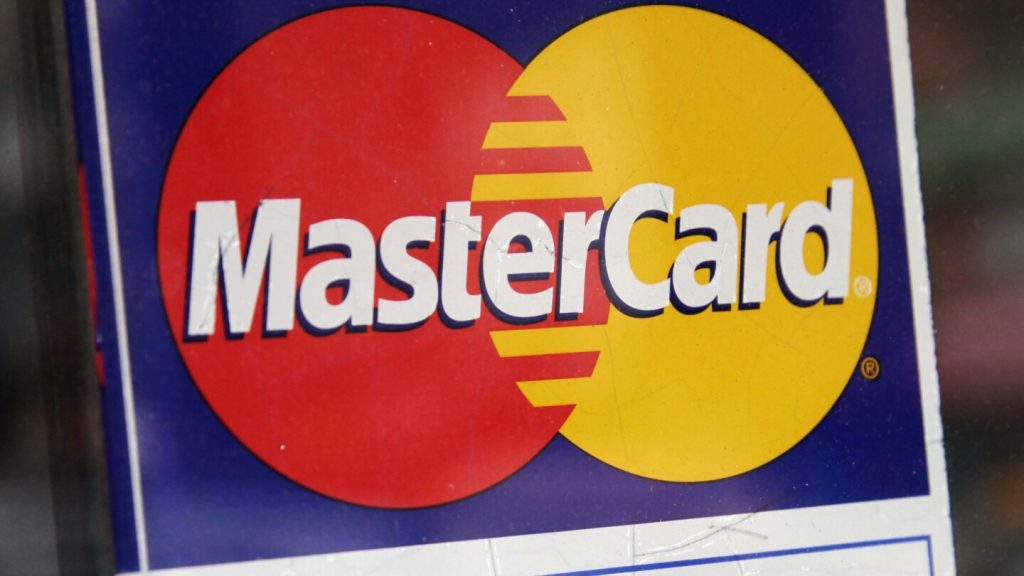Mastercard has announced a new software update that integrates artificial intelligence into its fraud-prediction technology, allowing the company to detect compromised credit or debit card numbers more quickly. By analyzing patterns in stolen cards, Mastercard can identify potential breaches and replace cards before they are used by cybercriminals. This update aims to provide a proactive solution to card fraud and minimize disruptions for cardholders. Johan Gerber, executive vice president of security and cyber innovation at Mastercard, highlighted the importance of using generative AI to identify compromised credentials and take immediate action.
The software update also leverages other patterns and contextual information, such as geography, time, and addresses, to identify potentially compromised cards. This approach allows Mastercard to replace bad cards faster and mitigate the risk of fraudulent transactions. By utilizing AI technology, Mastercard can analyze vast amounts of data and detect patterns that may go unnoticed by traditional methods. This proactive approach to fraud prevention is crucial in a digital landscape where billions of stolen card numbers are available on the dark web, posing a significant threat to consumers and businesses.
Stolen credit card and debit card numbers can remain undetected for extended periods, making it essential for payment networks to enhance their fraud detection capabilities. Mastercard’s latest update enables the company to proactively reach out to banks and replace compromised cards before they are misused by criminals. This proactive response to potential breaches aims to protect cardholders and reduce the impact of fraud on individuals and financial institutions. Moving away from static card numbers to unique identifiers for each transaction is a long-term goal for the payment industry, but adoption may take time, especially in regions like the U.S. where technology adoption lags behind.
In an effort to enhance security and reduce reliance on traditional credit card numbers, major payment networks like Mastercard and Visa are exploring innovative solutions to combat fraud. Visa recently announced changes to how credit and debit cards will operate in the U.S., signaling a shift towards reducing physical cards and transitioning to more secure payment methods. With advancements in technology and increased awareness of cybersecurity threats, the payment industry is focused on improving security measures to protect consumers and businesses from fraudulent activities. By utilizing AI and other advanced technologies, companies like Mastercard are leading the way in fraud prevention and detection.
The shift towards unique identifiers for transactions and the integration of AI technology in fraud detection represent significant advancements in the payment industry’s fight against cybercrime. By analyzing patterns in stolen cards and implementing proactive measures, companies like Mastercard are aiming to stay ahead of cybercriminals and protect cardholders from unauthorized transactions. As the digital landscape continues to evolve, the importance of robust security measures and continuous innovation in fraud prevention cannot be overstated. Collaborative efforts between payment networks, financial institutions, and technology providers are essential in safeguarding sensitive financial information and maintaining trust in the digital economy.
In conclusion, Mastercard’s latest software update showcases the company’s dedication to enhancing fraud prevention and detection capabilities through the integration of artificial intelligence. By leveraging AI technology, Mastercard can analyze patterns in stolen cards and take proactive measures to replace compromised cards before they are used for fraudulent transactions. This proactive approach aims to protect cardholders and minimize disruptions caused by card fraud. As the payment industry continues to evolve and adopt more secure payment methods, the role of advanced technologies in combating cybercrime becomes increasingly crucial. Mastercard’s commitment to innovation and security underscores the importance of staying ahead of cyber threats and ensuring the safety of financial transactions in a digital era.


